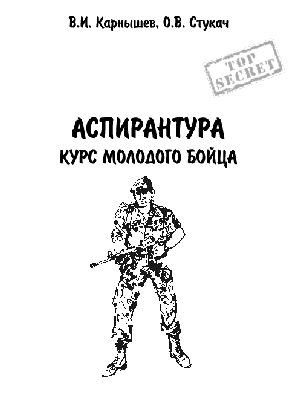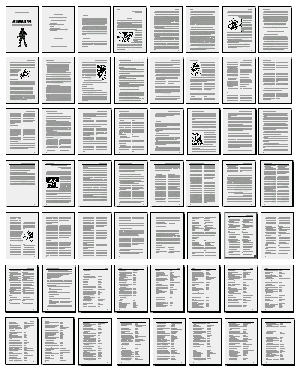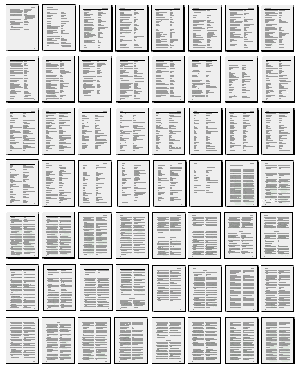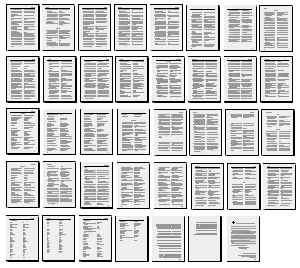Tomsk IEEE Chapter & Student Branch |
 |
| Russian | Events | About | Courses | Books | Papers | Photos | Join | Contact | Home |
|
Post-Graduate: Course for Young Amateurs
|
The art of scientific writing for post-graduates: practical tips
Vladimir I. Karnychev, Oleg V. Stukach Publish or perish! Unfortunately, scientific writing may not have been part of every post-graduate student's everyday training. Consequently, we must to develop research knowledge and refine writing skills. These guidelines for engineering writing and scientific writing are designed to help post-graduate students communicate their technical work. Learning to write in a clear and correct way is easy. By following the guidelines presented in this book, the reporting of research results becomes a simple, rewarding process for many reasons. To be a good writer, all you need to do is learn and then follow a few simple rules. However, it can be difficult to get a good grasp on the rules if your learning experience is a protracted process of trial and error.
We hope that novice writers will find this book of help to start them on a meaningful path to publishing their research, and that seasoned scientists will find some new tips to help them refine their writing skills. Please recognize that this information is a reflection of our opinions. Your actual experiences may vary. Contents Introduction 2 Text of the book is here: Authors designed this book by they own hands!!! We hope you will find scientific writing both fulfilling and professionally rewarding as you share your discoveries with professionals worldwide. Bestseller in the Top-Kniga Web Shop!
|
|
If you want to get laid, go to college. If you want an education, go to the library Frank Zappa |
||




